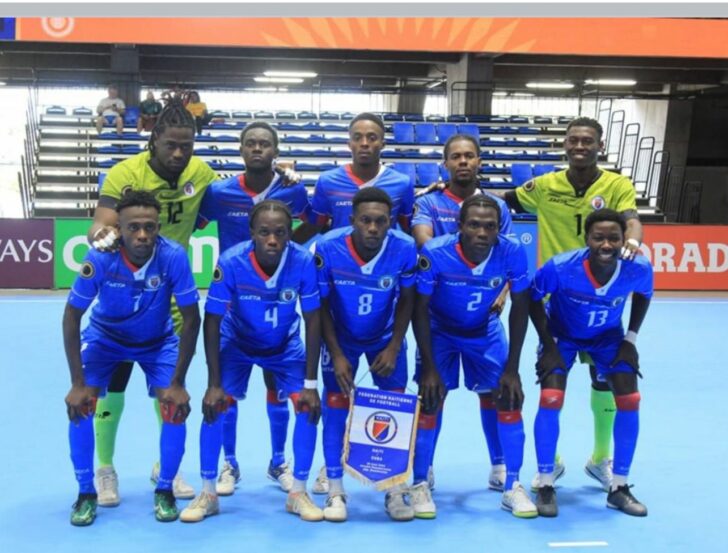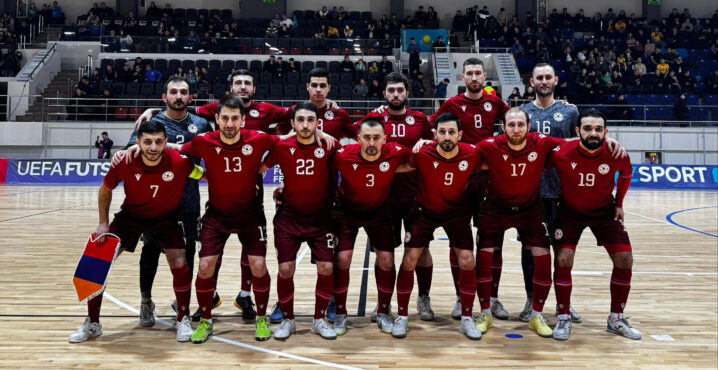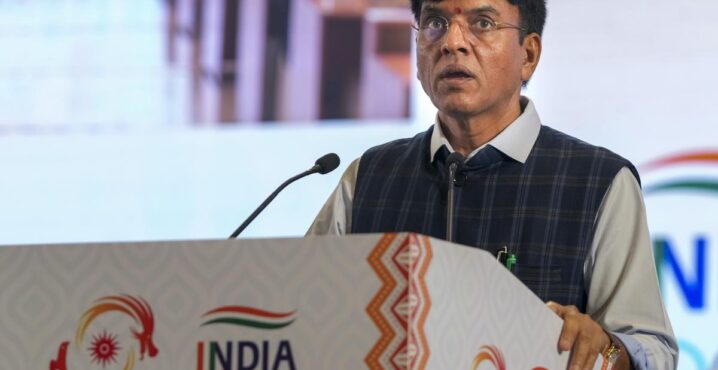Estimated reading time:12 minutes, 1 second
A National Team’s Journey Through Chaos: From Haiti’s Turmoil to International Competition
Haiti, a Caribbean nation with a population of 11 million, is experiencing a prolonged and multifaceted crisis that has left it teetering on the edge of collapse. The roots of this turmoil can be traced back over a decade, exacerbated by natural disasters, political instability, and rampant violence. In March 2024, amidst this backdrop of chaos, Constantine Konstin, a futsal coach, found himself trapped in Haiti while attempting to select players for the 2024 Concacaf Futsal Championship FIFA World Cup qualifiers. His eventual evacuation by the United States underscores the severe and precarious conditions in the country.
The Hardships of Team Haiti
The hardships did not end with Konstin’s departure. The selected players faced significant challenges in their efforts to leave the country and reach Nicaragua to compete. Their journey, fraught with danger and uncertainty, highlights the desperate situation many Haitians find themselves in as they attempt to navigate through a landscape dominated by violence and instability.
Before we discuss Constantine and the players’ experiences further, let’s look at the current situation in Haiti.
Current Situation in Haiti: A Nation in Crisis
Political Instability and Violence
The assassination of President Jovenel Moïse in 2021 left a significant power vacuum. Ariel Henry, who was prime minister under Moïse, assumed power with international backing, including support from the United States. However, Henry’s government struggled to hold elections, citing logistical issues and violence, leading to widespread protests and further destabilization.
Armed groups, which had long been active in Port-au-Prince, escalated their activities, seizing control of around 80% of the capital. These groups, often posing as community leaders, have been involved in killings, kidnappings, and rapes. According to the Uppsala Conflict Data Program, over 8,400 people were killed, injured, or kidnapped in 2023, marking a 122% increase from the previous year. The violence reached a critical point when the country’s two main prisons were raided, leading to the escape of about 4,000 prisoners.
Humanitarian Crisis
Haiti’s humanitarian situation has deteriorated significantly, with 5.5 million people requiring assistance in 2024. The country faces severe food insecurity, with nearly 50% of the population struggling to access adequate food. This crisis has been exacerbated by a combination of economic instability, gang violence, and the impacts of climate change. The UN reports that 1.4 million people live just below the technical threshold for famine.
Fuel shortages, which began in 2018, have further compounded the crisis. Venezuela’s cessation of oil exports to Haiti in March 2018 and subsequent removal of fuel subsidies by the Haitian government led to massive price hikes and violent protests. The COVID-19 pandemic added another layer of complexity, disrupting food supply chains and inflating food prices dramatically.
Historical Context and Economic Challenges
Haiti’s current struggles are deeply rooted in its history. After gaining independence from France in 1804, the country was burdened with paying reparations to France, which plunged it into a cycle of debt and economic dependency. This historical debt hampered Haiti’s development and left a legacy of poverty that persists today.
Economic policies in the 1990s further undermined Haiti’s self-sufficiency. Aggressive American trade policies decimated the local agricultural sector, making Haiti heavily reliant on food imports. This shift has left the nation vulnerable to global market fluctuations and has exacerbated food insecurity.
Health System Collapse and Gender-Based Violence
The collapse of Haiti’s health system is another critical issue. With 4.7 million people needing humanitarian health assistance, the lack of infrastructure for clean water and sanitation has fueled a cholera epidemic, with over 72,000 cases reported as of October 2023. Hospitals and clinics are under-resourced and frequently attacked, further limiting access to essential healthcare.
Gender-based violence has surged amid the chaos. In 2023, cases of rape increased by 49%, and 80% of women and girls in Cité Soleil reported experiencing some form of gender-based violence. Displacement and trauma have left many women and girls vulnerable to continued abuse.
Foreign Intervention and Haitian-Led Solutions
The international community’s involvement in Haiti has been controversial. While foreign intervention, including from the U.S., has been intended to stabilize the country, many Haitians and scholars argue that it has often exacerbated the situation. The U.S. has a long history of military and political intervention in Haiti, which some believe has undermined Haitian sovereignty and contributed to the current crisis.
In response, Haitian advocates have proposed Haitian-led solutions, such as the “Montana Accord,” which calls for a two-year interim government to restore order and establish fair elections. However, the viability of such solutions remains uncertain in the face of ongoing violence and instability.
Constantine Konstin’s Experience: From Trapped in Haiti to the Concacaf Futsal Championship
In March 2024, Constantine Konstin arrived in Haiti to coach and select players to represent the nation at the 2024 Concacaf Futsal Championship FIFA World Cup qualifiers. Amidst the chaos of gang violence and political instability, Konstin became trapped in the country. The deteriorating security situation made it impossible for him to safely continue his work or leave the country on his own. Eventually, the United States intervened, arranging for his evacuation, highlighting the severe and unpredictable nature of the crisis in Haiti.
To learn more about his and the players’ experiences during this tumultuous time, we spoke with Constantine ‘Conny’ Konstin:
FF: What was your experience like arriving in Haiti?
Constantine Konstin: Upon arrival, the overwhelming poverty was immediately apparent. However, when I interacted with the Haitian people, I discovered they were beautiful, caring, kind, generous, welcoming, humble, hardworking, and family-oriented.
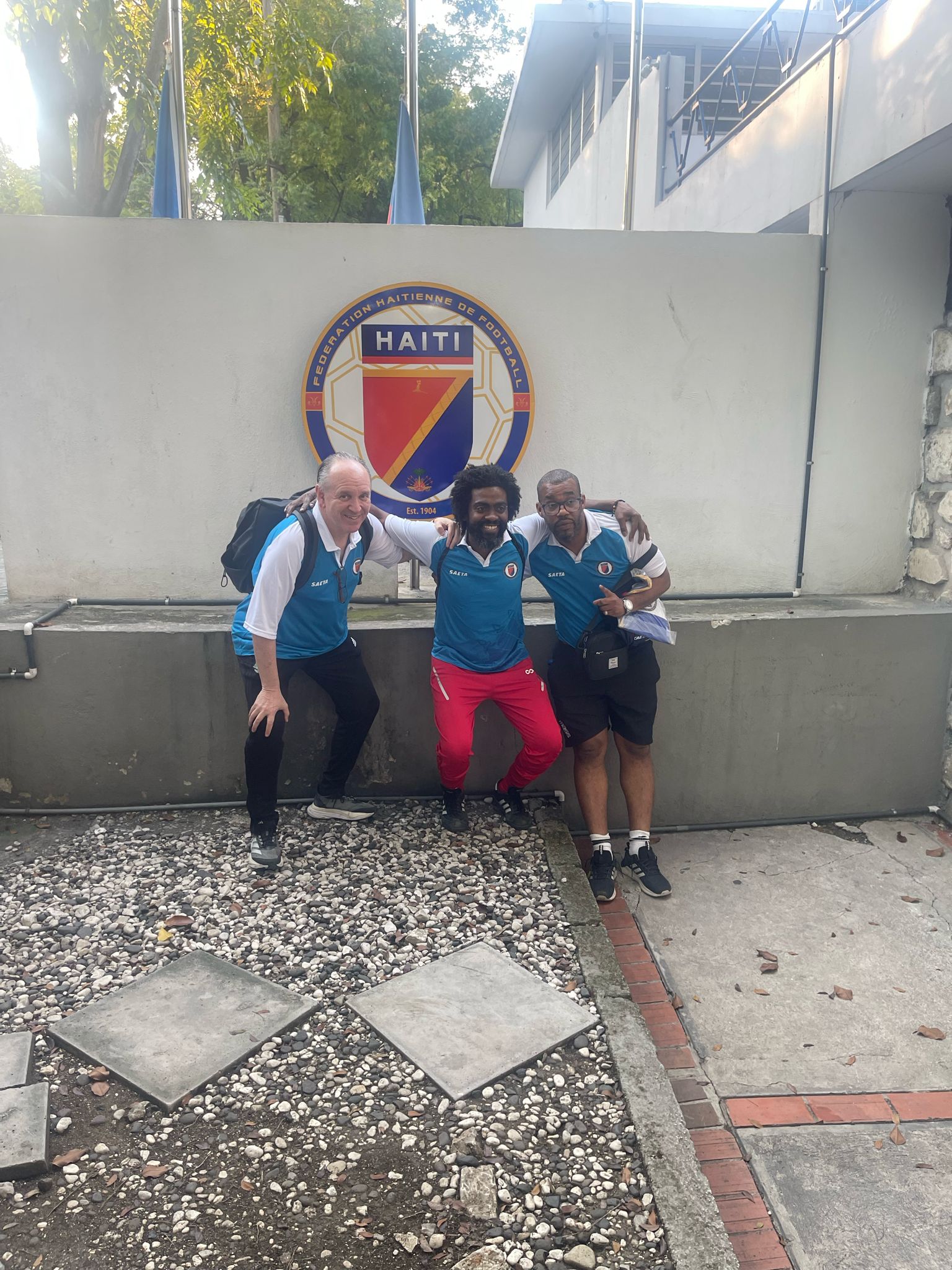
Constantine with the Haiti FA staff members assisting him with team selection and coaching course!
FF: What was it like working with the Haitian FA and the players? Did you ever feel under threat or in danger?
Konstin: The Haitian FA is currently overseen by a FIFA Normalization Committee, which presents its own challenges. Fortunately, I had similar experiences when coaching for the Trinidad & Tobago FA. The General Secretary, Patrick Massenat, the Chairman of the Normalization Committee, Monique André, the Haitian Futsal Association staff, Father John, and especially the Technical Director, Chery Pierre, were phenomenal to work with. They are all deeply passionate about their country.
The 30 players and 20 coaches I worked with were eager to learn and loved futsal. We conducted a coaching course and an ID camp to recruit players. We were never threatened; it was quite the opposite. We received a lot of respect and support. Was there danger? Initially, it didn’t feel that way, but as time went on, the situation deteriorated, though it was never directed towards us.
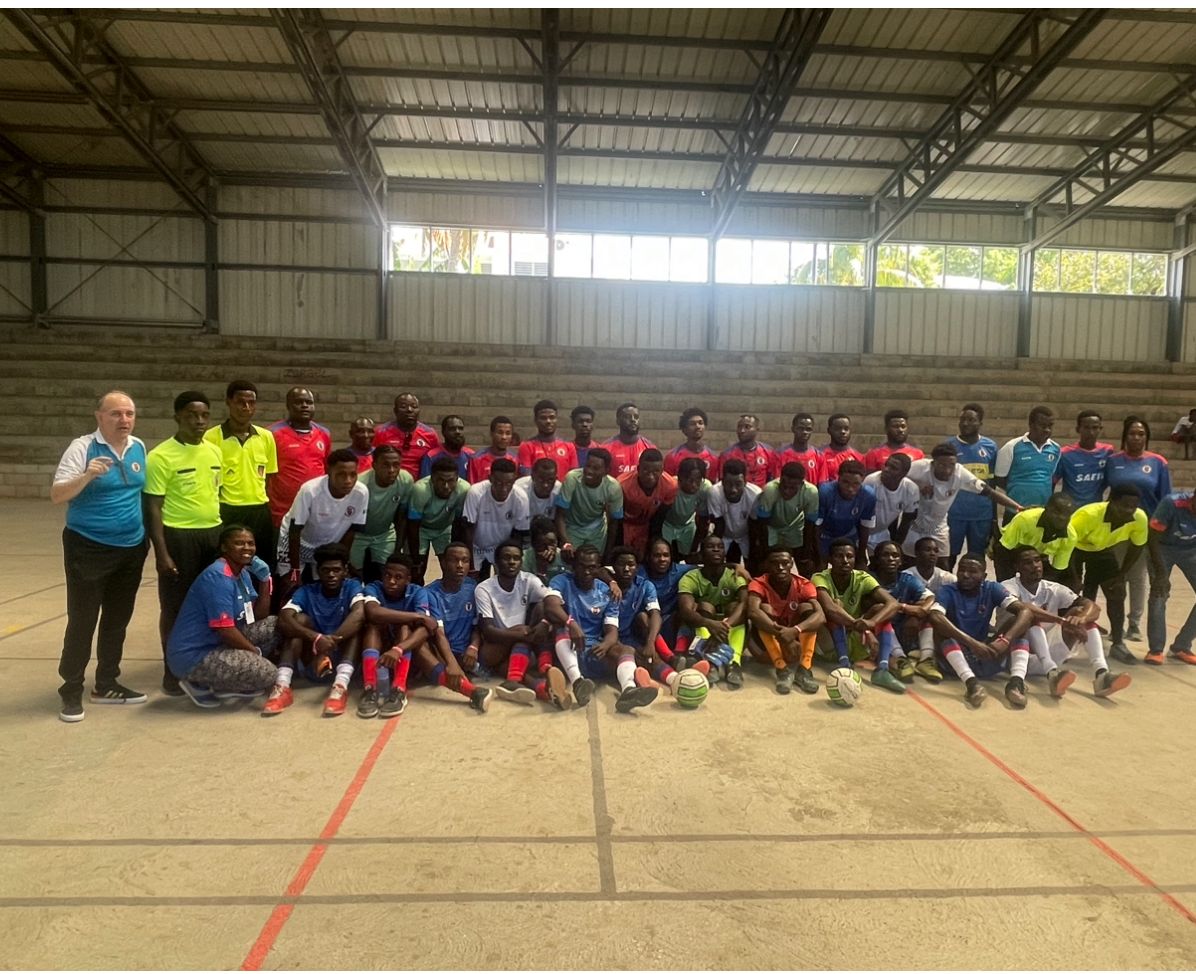
Constantine Konstin – selection camp for Haiti National Futsal team
FF: Can you describe your experience trying to get out of the country?
Konstin: Every night, battles raged between the gangs and the police. The gangs even broke into a prison, helping 4,000 criminals escape. Bullets were constantly flying everywhere, and it became a nightly occurrence. During the day, however, people carried on with their daily lives as if nothing was happening.
Eventually, I realized I needed to find a way out. I contacted a wonderful person at the US Embassy who ultimately arranged for me and other US citizens to leave Haiti. My brother also got involved, connecting me with federal government officials in California, who assisted in coordinating the evacuation.
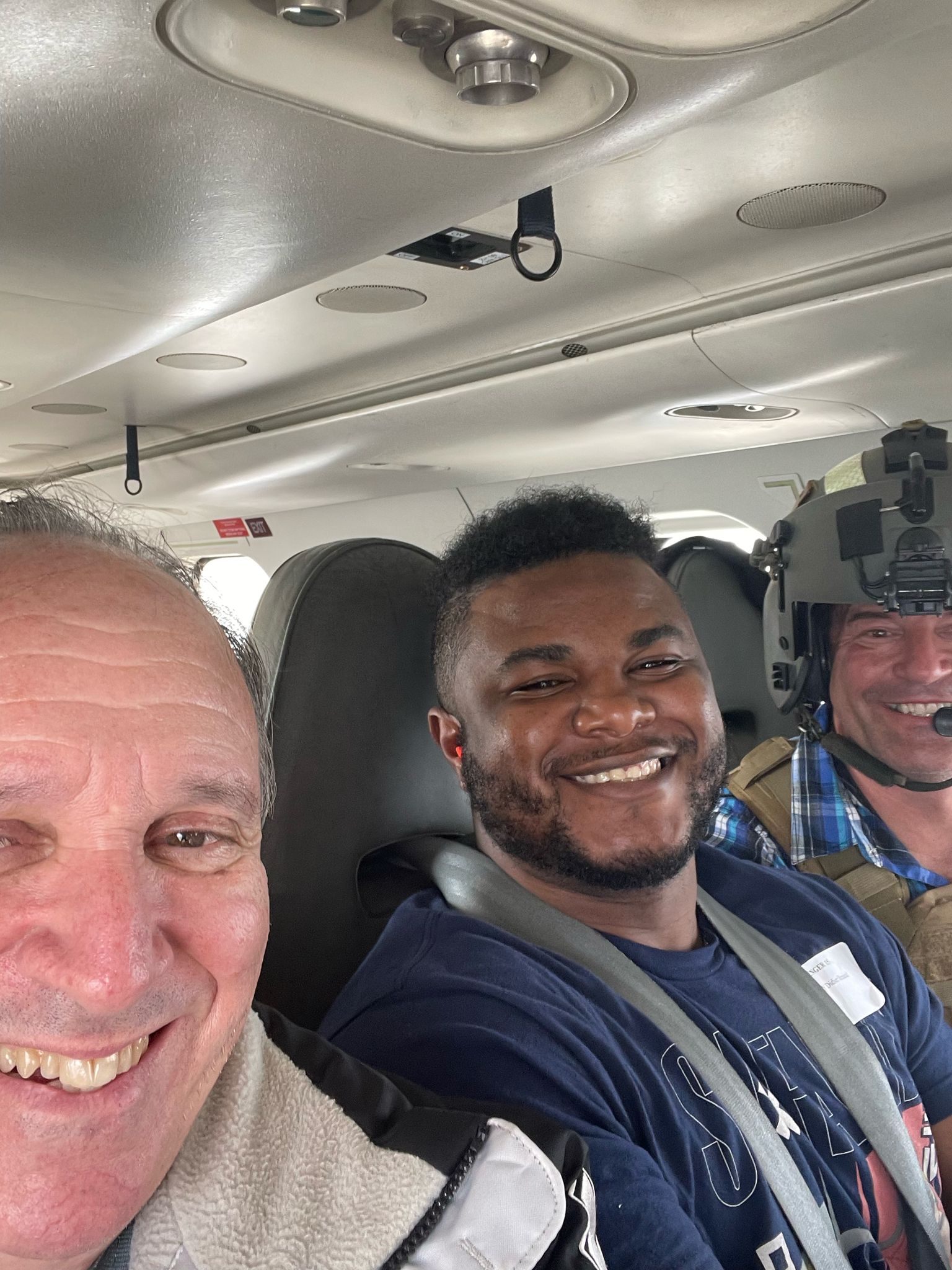
Constantine Konstin being evacuated from Haiti
With their combined efforts and the support of the US Marines protecting the embassy, we were finally evacuated by helicopter to the Dominican Republic. My staff, who were Haitian Canadians, managed to leave three days after I did. They endured an eight-hour bus ride to the northern part of Haiti before catching a flight to Miami. The main airport in Port-au-Prince was closed and remains closed to this day.
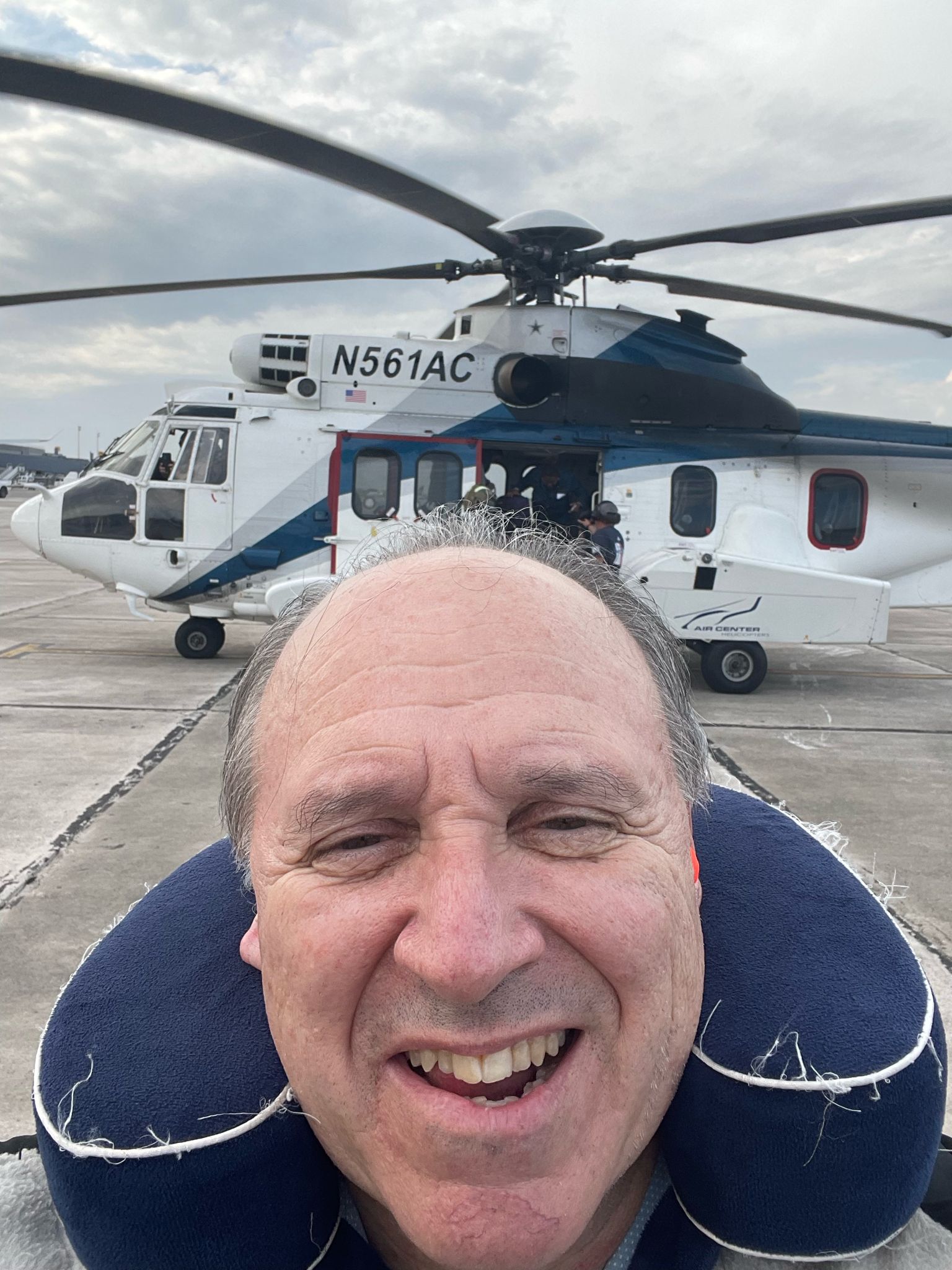
Constantine evacuated from Haiti to the Dominican Republic.
FF: What was the experience like for the Haitian players and staff that accompanied them?
Konstin: From the 14 players I originally selected, only 5 were able to go. Two players from Saint Martin and seven players from Montreal could not participate due to passport issues and job commitments. Ultimately, I took nine players from Haiti, made possible by the US Embassy’s significant assistance in securing visas. I want to mention that there was a woman at the Embassy who helped us get the nine visas. Without her assistance, the players never would have been able to go. Without this help, we wouldn’t have had a team to compete in Nicaragua.
The two staff members traveled with the nine Haitian players on a treacherous eight-hour bus ride to northern Haiti to cross the border into the Dominican Republic. When they arrived, the border was closed, so they had to wait until the next morning. Once across the border, they endured another four-hour bus ride to the airport, where they had to wait another night before catching a flight to Miami. In Miami, they faced another night’s wait before their flight to Houston. Finally, in Houston, they boarded their last flight to Nicaragua, leaving on a Tuesday and arriving on Saturday.
Upon landing in Nicaragua, they immediately boarded a bus to the arena to face Costa Rica, the top-ranked team in Concacaf and four-time champions. The Haitian team had hardly slept or eaten and had only 30 minutes to prepare before playing. Despite the fatigue and lack of preparation, we managed to score three goals against Costa Rica in the first half. The game ended two minutes into the second half due to player exhaustion and injury.
The journey itself was a miracle and a significant victory. Additionally, Haiti became the first team in 16 years to score three goals against Costa Rica. Remarkably, the team had never trained or played together before this match.
Our dedicated staff included Boca Musaella from Haiti (equipment manager), Chery Pierre (HFA Technical Director), Otto Orf from the US (assistant coach/goalie coach), Roldege Arius (Canadian assistant coach), and Ibrahim Soukary (Canadian physical trainer). Their passion and dedication were phenomenal.
FF: How did these challenges affect preparations, player availability, and bringing equipment?
Konstin: First of all, the tournament and the Nicaragua FA were top-notch. We stayed in a very nice hotel, and the Nicaraguan people were wonderful and friendly. However, due to the civil unrest in Haiti, it was impossible to prepare adequately. One of the players I selected had just lost his father, who was murdered. As I mentioned earlier, nine of my starters couldn’t make the trip.
We originally planned a 10-day camp to prepare, but we were fortunate just to arrive in Nicaragua 30 minutes before the first game. Arius, Ibrahim, and Otto brought balls and futsal shoes for the players, while Boca and Chery brought the uniforms. It was truly a miracle, and without the help from the US Embassy, HFA staff, the Normalization Committee, our dedicated staff, and our resilient players, this miracle would never have happened.
The bottom line is that nothing is stronger than the human spirit.
FF: What was the experience like for the players upon arriving in Nicaragua?
Konstin: They had tears of joy when I saw them, but their energy did not last very long, as I mentioned before regarding their game against Costa Rica. Against Mexico, we were leading 4-1 in the first half but ultimately lost the game 9-4. Why? For one, we only had 10 players, while the other teams had 14 and were well-prepared. Additionally, our players still hadn’t fully recovered from the lack of rest and proper nutrition.
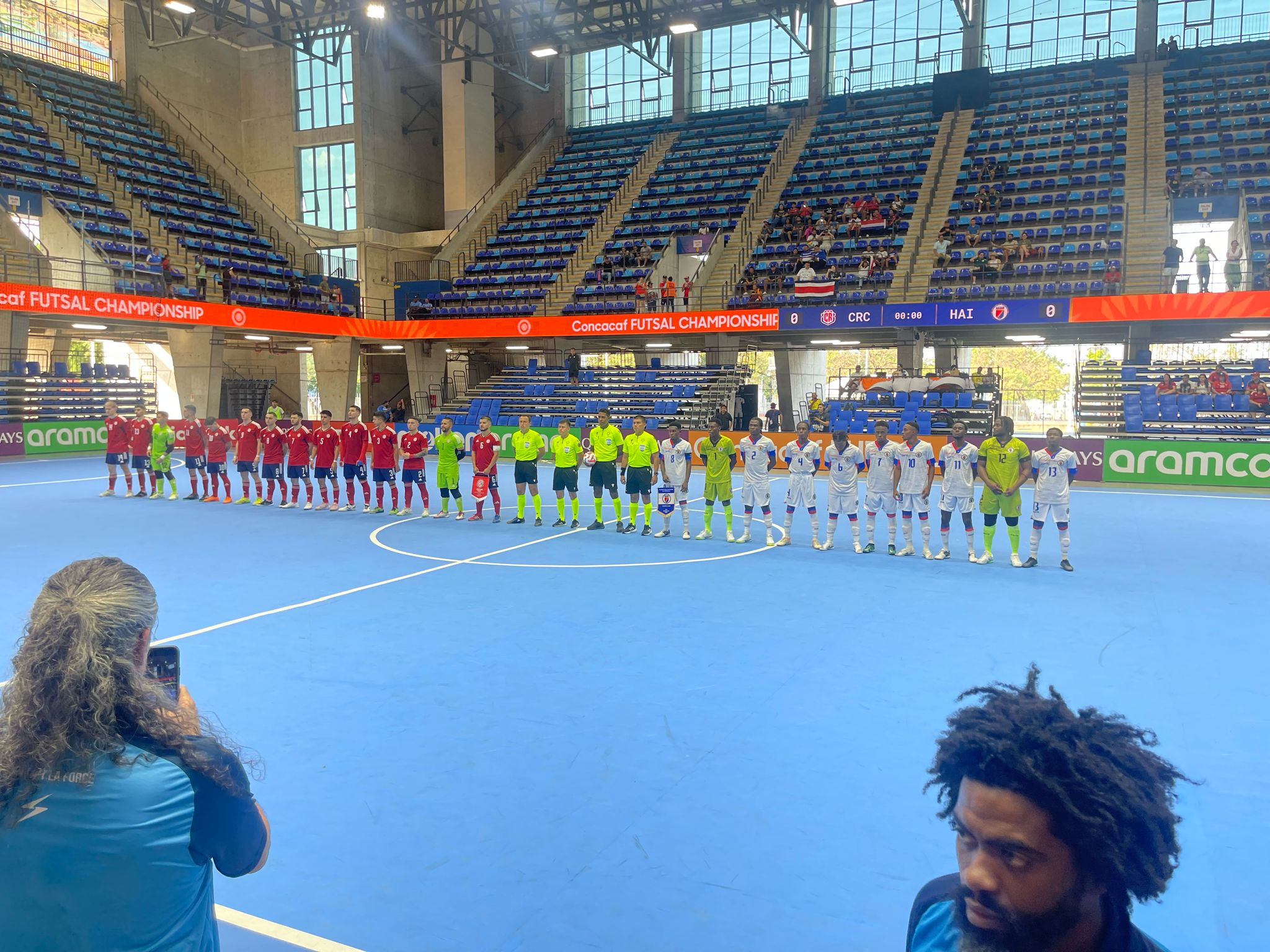
Haiti lining up against Costa Rica for their first match in the 2024 Concacaf Futsal Championships – 2024 FIFA World Cup qualifiers
FF: What did you think of their performance in the competition?
Konstin: Did we play great futsal? No. However, I felt that individually, our players were more explosive, technical, and frankly, a lot more entertaining to watch than our opponents. We scored fantastic goals. Considering we assembled the team at the last minute with zero preparation, they held their own and even had some brilliant moments. I have no doubt that if we had the other nine players who couldn’t join us and a 10-day camp to prepare, we would have won our group.
FF: From their experience in the competition, what promise do you feel the country has for future competitions?
Konstin: The Haitian players have great potential, and Haitian futsal could become a powerhouse in CONCACAF with time, investment in infrastructure, and coaching education. I have no doubt that Haiti will return stronger.
FF: Does the Haitian FA intend to continue developing futsal?
Konstin: Absolutely. Recently, they’ve started a 10-team league for both men and women. They plan to initiate a youth league and introduce a futsal program in schools. The Haitian FA is also considering assembling a women’s team to attempt qualification for the inaugural FIFA Futsal World Cup for women, scheduled to be hosted in the Philippines in 2025. Despite all the civil upheaval, Haiti has dedicated and passionate individuals deeply involved in advancing futsal in the country.
FF: What will your continued involvement in Haitian futsal be?
Konstin: Ultimately, my future lies in the hands of General Secretary Patrick Massenat and the FIFA Normalization Committee in deciding my next steps. One thing is certain: both the General Secretary and the NC played crucial roles in ensuring the team made it to Nicaragua. For now, I am here to support and assist in any way I can. Go Team Haiti!
Organ Donation
Futsal Focus is a supporter of Dáithí Mac Gabhann and his family’s campaign to raise awareness of Organ Donation. We encourage our readers to learn more about Organ Donation: https://www.organdonation.nhs.uk/
Futsal Focus
You can read more articles about International Futsal by going to the top navigation bar or by clicking here
If you like this article and would like to keep updated on Futsal news, developments, etc then you can now follow Futsal Focus via Google News by following our page which will send you an alert as soon as we publish an article so please click here and follow us on Google.
You can also keep updated on Futsal news, developments, etc then please submit your email below in the Subscribe to Futsal Focus option.
Follow Futsal Focus by clicking on Facebook, Twitter, or Instagram or on the social media buttons on the website.



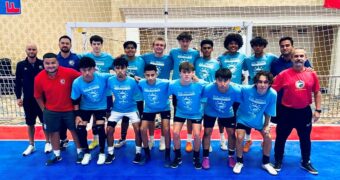



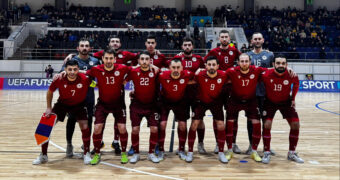
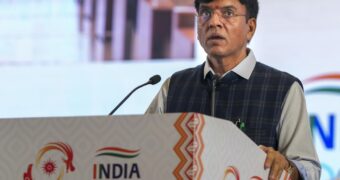
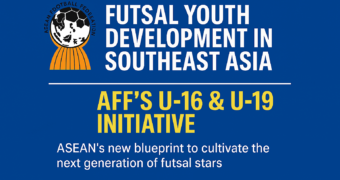


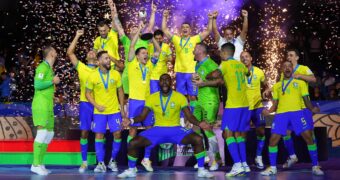



![Validate my RSS feed [Valid RSS]](https://www.futsalfocus.net/wp-content/uploads/2020/01/valid-rss-rogers.png)

